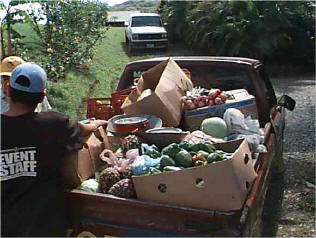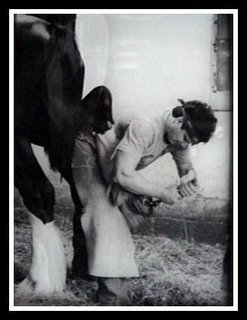Food Tax Sends Tenn. Shoppers Out of State

Every day individuals make economic decisions. They make them so as to best allocate the funds they have to secure to goods and services they want. It does not take a genius to find bargains. An ill considered tax rate can drive people to act in a way that will limit the revenues realized by a tax. The people of Tennessee are doing just that..
When Julie Abel goes grocery shopping each week, she drives more than 25 miles to Georgia to avoid paying the nation's highest average tax on food: 8.4 percent in Tennessee.
Abel is not alone in her frustration. Rep. Michael Kernell, D-Memphis, said he regularly hears complaints about the state's almost 60-year-old food tax and he predicted it would change.
A recent report from Daly's group shows Tennessee leads the nation with the highest average sales tax on food, 8.4 percent, and a 9.4 percent sales tax.
Gov. Phil Bredesen has said that if re-elected next year he will not support a state income tax. Bredesen spokeswoman Lydia Lenker said the Democratic governor has shown that state government "can operate within its means."
Whether or not the government of TN operates within its means is not the issue here. The legislature of the state needs to look at the rate it taxes food at. The current rate is causing people to buy outside the state thus reducing the potential revenue from the food tax. A new or different tax is unnecessary. They need only to adjust the rate of tax on food to balance the increased cost with the alternatives in bordering states. It shouldn't be difficult, they have economists employed by the state who should be able to figure this out without much effort. The trick may be to educate the elected officials sufficiently that they can understand the principle.
Any time the cost of something changes, for whatever reason, people's behavior changes. When gas prices went up people for different and personal reasons bought less gas. The supply of gas grew so the price came down and people's actions changed accordingly. The principle is the same with the food tax in TN. If the state can reduce the tax rate on food so that the price of food in TN is not higher than in bordering states, people will change their behavior and tax revenues will increase even with the lower rate.
Tomorrow Yesterday does the math








 BlogHop.com
BlogHop.com







0 Comments:
|Post a Comment
<< Home